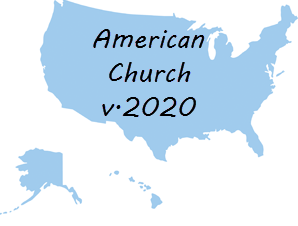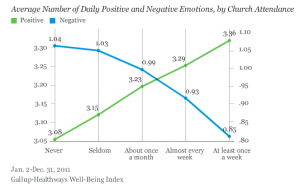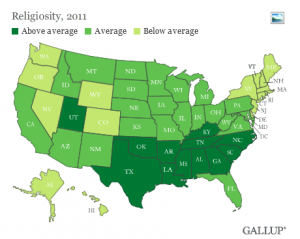Church v.2020 - Ten Changes: #8 More About Following – Less About Membership When compared with the American church of 2012, the future church (v.2020) will focus more on following and less on membership. This shift places the emphasis on following the way of Jesus rather than being a faithful member of a local church. Toward this end, likely changes include: An approach to belonging and deepening individual's connection to the faith community that values assimilation into a Read More …
Trends
Future Church – More Scalable (#0699)
Church v.2020 - Ten Changes: #9 More Scalable– Less Fixed Costs When compared with the American church of 2012, the future church (v.2020) will be intentionally and strategically more scalable as it progresses toward fewer and fewer fixed costs. This change in philosophy will be evidenced in many ways, including: A willingness to evaluate the annual operating budget, especially human resources, in light of mission and vision. In 2012, many congregations spend in Read More …
Future Church – More Collaboration (#0698)
Church v.2020 - Ten Changes: #10 More Collaboration – Less Competition When compared with the American church of 2012, the future church (v.2020) will feature significantly more collaboration and markedly less competition. This will occur in many areas, including: An approach to marketing, church growth, and evangelism shaped by abundance rather than scarcity that encourages all people already on a spiritual or religious path to earnestly and faithfully pursue it. Efforts to Read More …
The Church in 2020 – Major Changes Ahead (#0697)
I have spent a considerable amount of time studying the landscape of American Christianity since the 1950s. Any time I make a presentation on the topic, people always ask about the future. In order to more fully answer those questions I devised a list of changes I believe to be most likely. The original list was created in 2006, before I entered the blogosphere. When I revised the list and turned it into a "top ten" in 2009, I published it on my blog. In light Read More …
Churchgoing = Better Moods (#0692)
Recent research by Gallup finds, "Americans who attend a church, synagogue, or mosque frequently report experiencing more positive emotions and fewer negative ones in general than do those who attend less often or not at all." So What? Higher levels of religiosity correlate to higher levels of well-being according to other findings from Gallup's research (see my post on the benefits of being religious). Within that context, it makes sense that those who are most involved in Read More …
Associate Pastors & Technology (#0691)
The Presbyterian Church (U.S.A.) recently released its first systematic look at associate pastors in an 88 page report "Associate Pastors in the Presbyterian Church (U.S.A.)." The comprehensive report is based on a 2011 survey of associate pastors and a 2008 & 2009 survey of key leaders. The survey found associate pastors spent an average of 11 hours a week "emailing, text messaging, or using the Internet" in their personal lives. Professionally, these pastors used differing Read More …
Everyone is a Technologist (#0689)
Tech entrepreneur Daniel Gulati suggests "technology skills will be crucial for future employment prospects" in his recent post on the Harvard Business Review's Blog Network. Over the last fifteen years internet users have grown from 70 million to 2.2 billion, and the ability to use technology has become a necessary skill at all levels of employment. To help everyone attain and retain proficiency as a technologist, Gulati provides five recommendations: Be an end user Read More …
America’s Most & Least Religious States (#0688)
Last week Gallup released the newest list of how religious residents of each state are based on the percentage of respondents who self-identified as "very religious." A majority (51% or more) are very religious in seven states: Mississippi (59%) Utah (57%) Alabama (56%) Louisiana (54%) Arkansas (54%) South Carolina (54%) Tennessee (52%) A relatively small minority (less than 3 in 10) are very religious in five states: Vermont (23%) New Hampshire (23%) Maine (25%) Read More …
Worship Practices (in the USA) (#0687)
"FACTS on Worship: 2010," the latest Faith Communities Today (FACT) report, provides insight into the current worship practices in churches by means of an aggregated data set that includes responses from over 11,000 congregations affiliated with over 120 denominations. Worship is changing. The latest research shows increasing diversity in several areas, including: Time: Most services are held on Sunday morning (74%), but other weekend options are significant: Sunday Read More …
Mosques in America Growing Rapidly (#0686)
The number of mosques in America is growing rapidly. Lauren Markoe's Religion News Service article explores the recent growth through the lens of "The American Mosque 2011," a recently released report that overviews the findings of a survey produced by "a coalition of Islamic civic groups and Muslim and non-Muslim religion scholars." Notably: Total number of mosques: 2016 Growth in number of mosques since 2000: 74% Most mosques take an approach that is other Read More …









